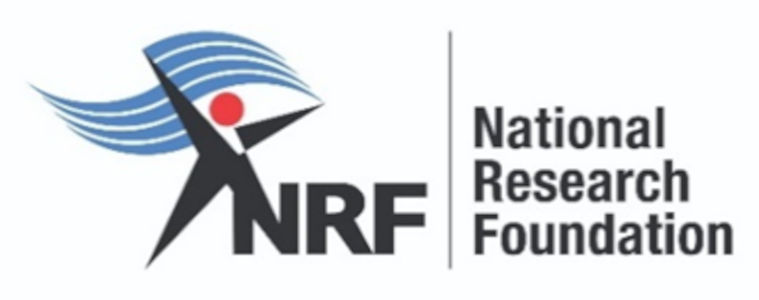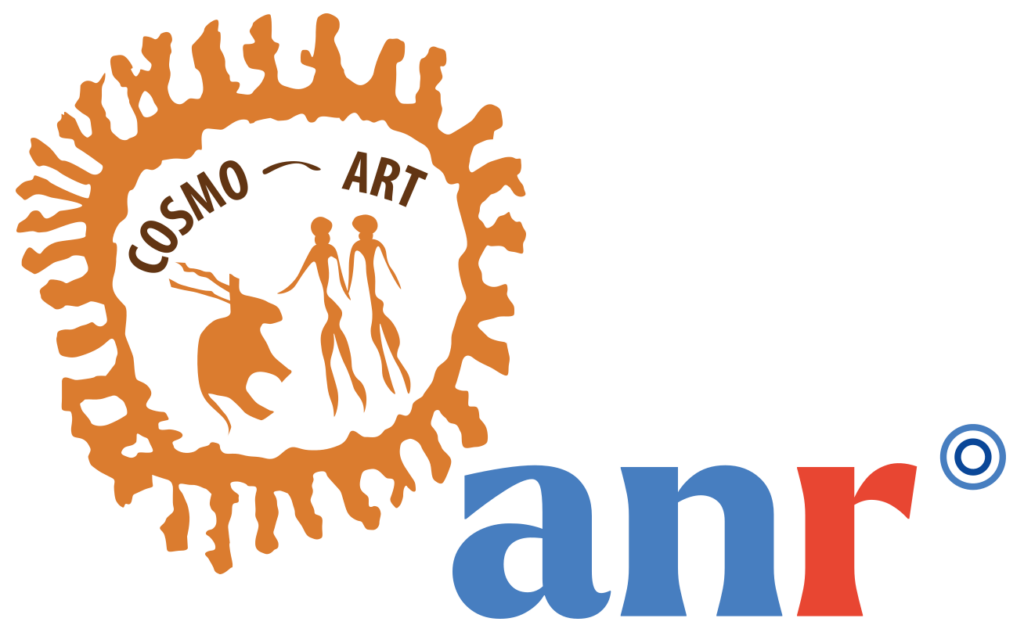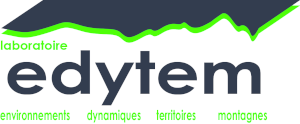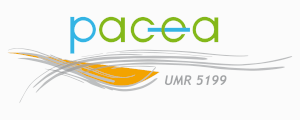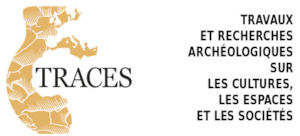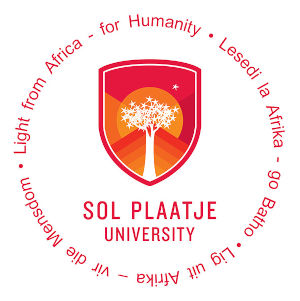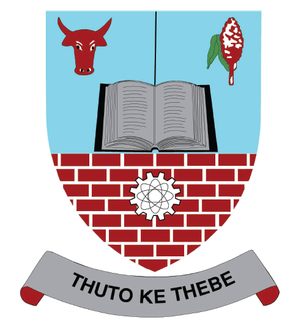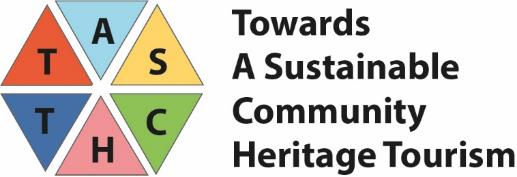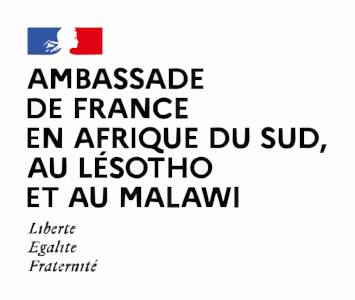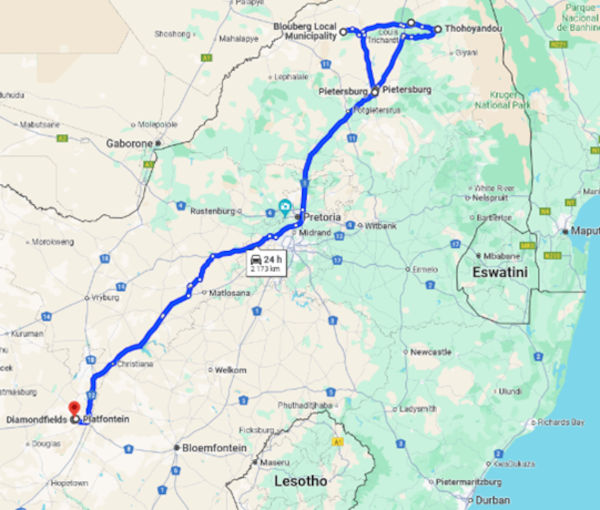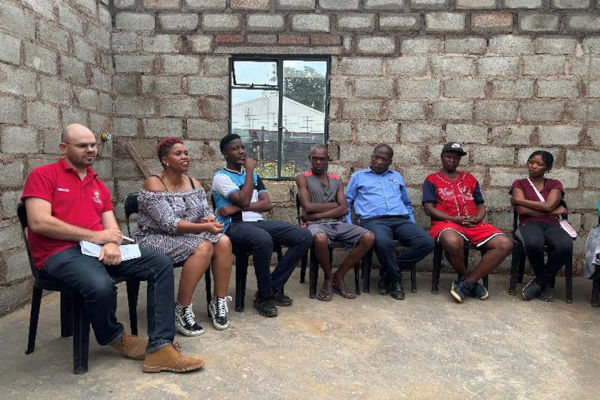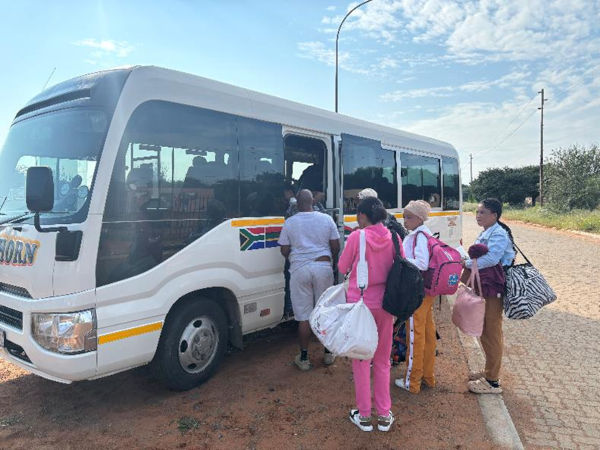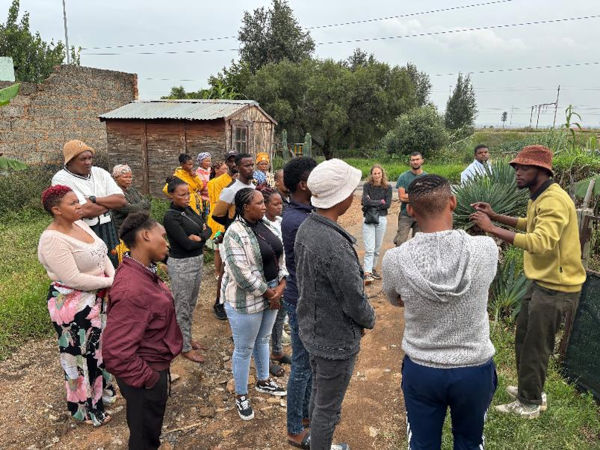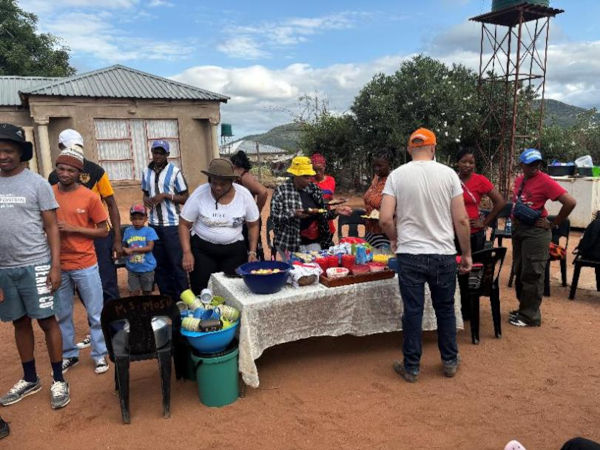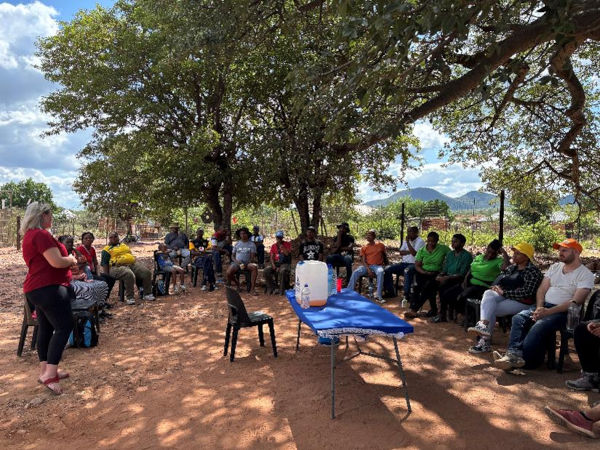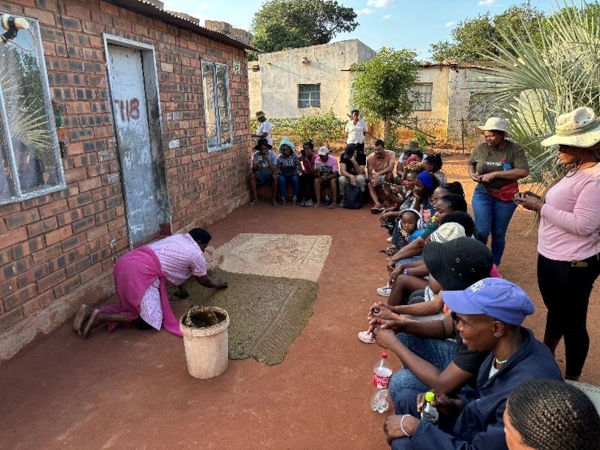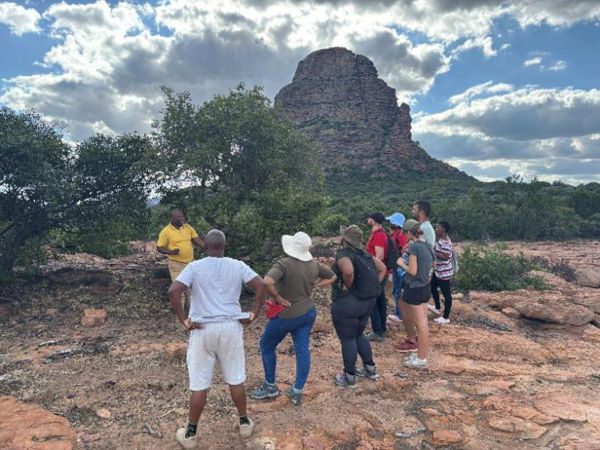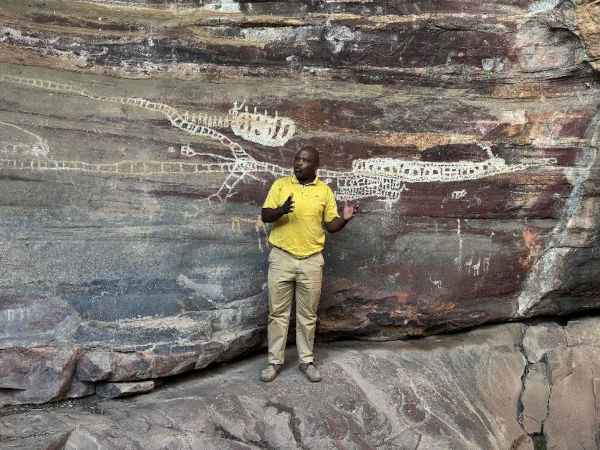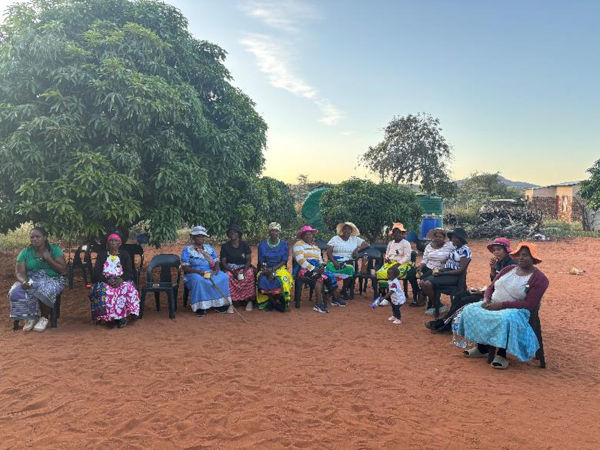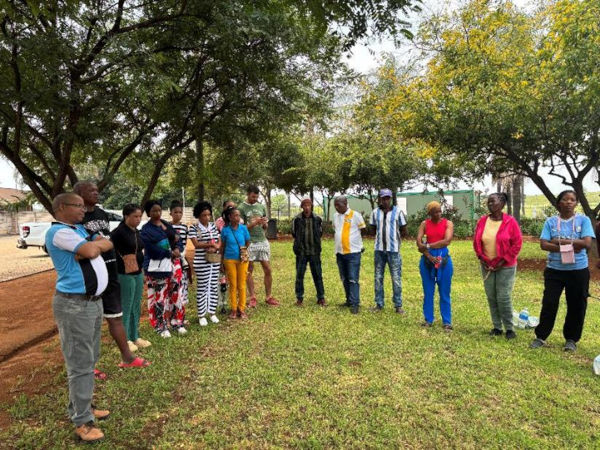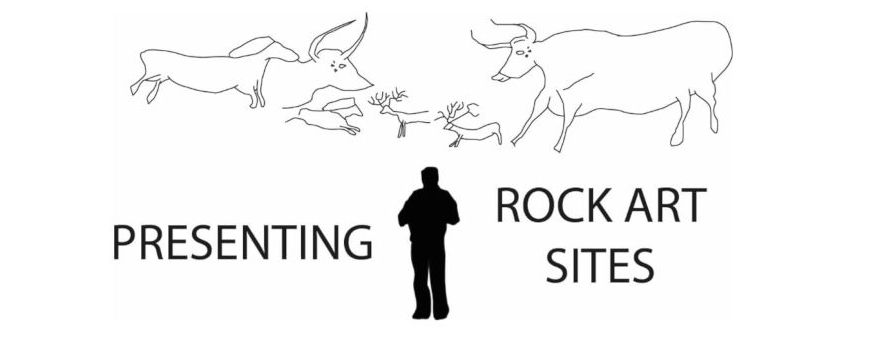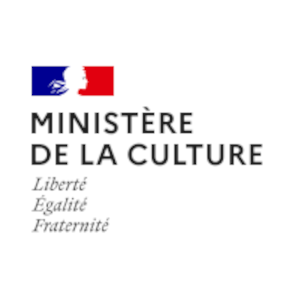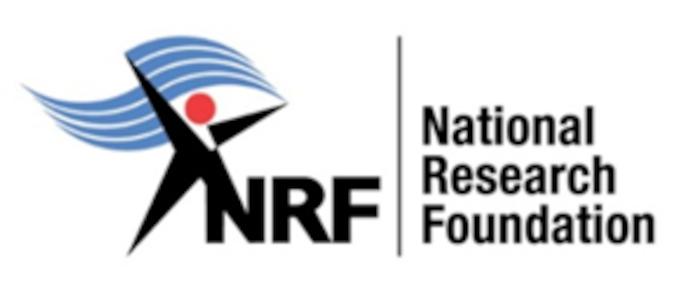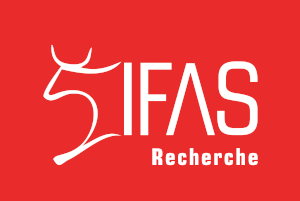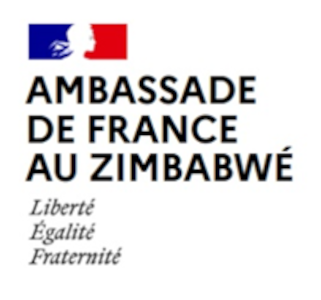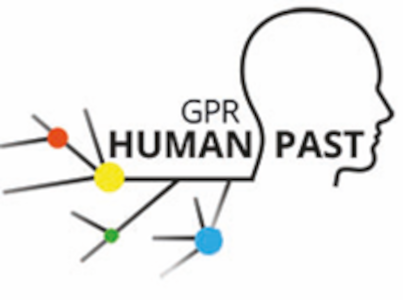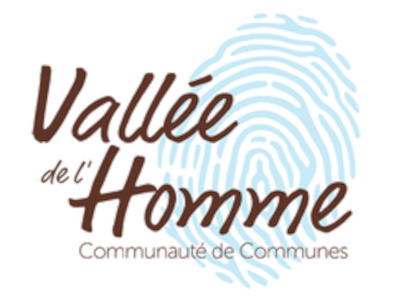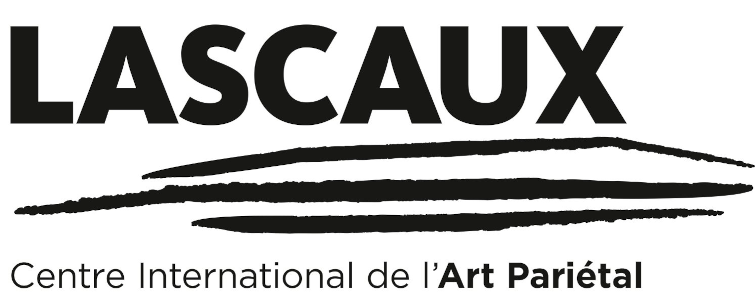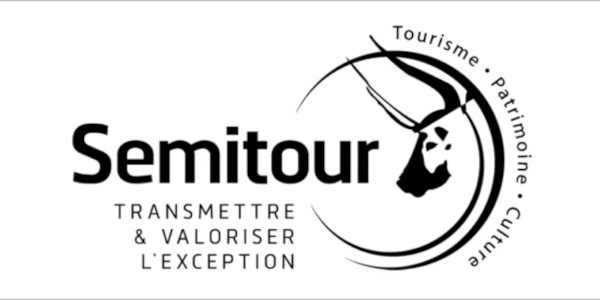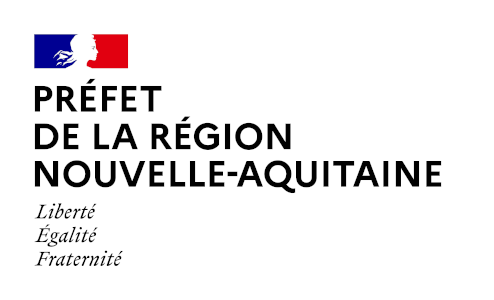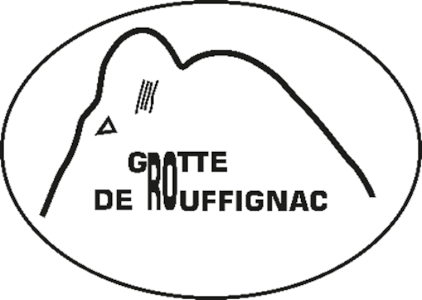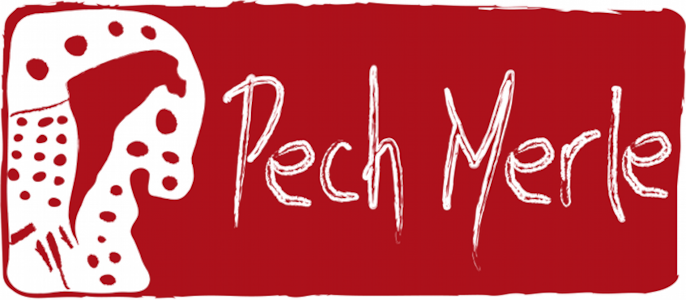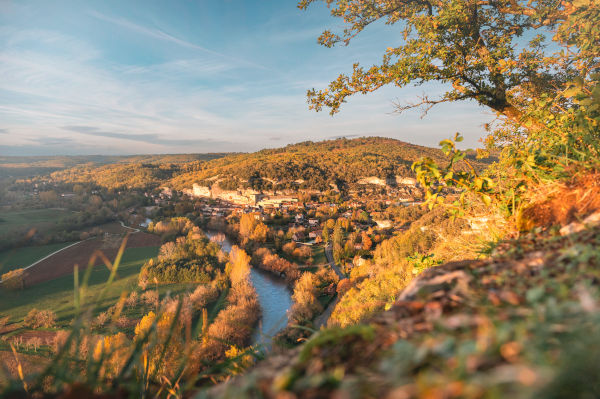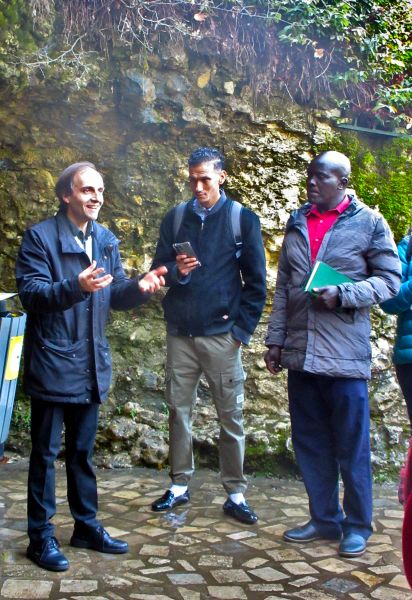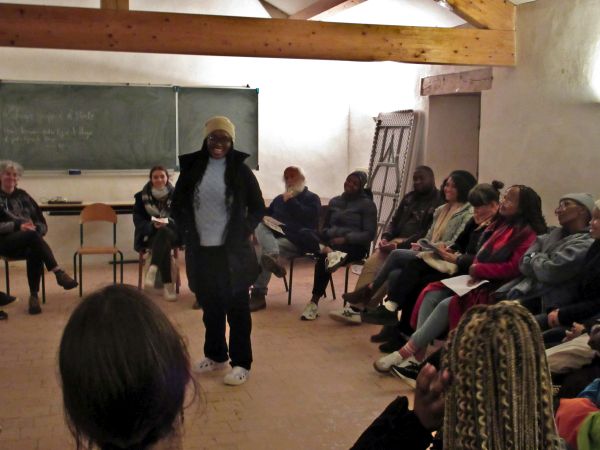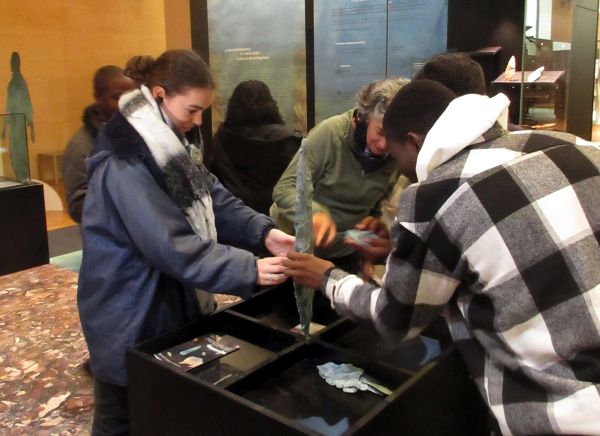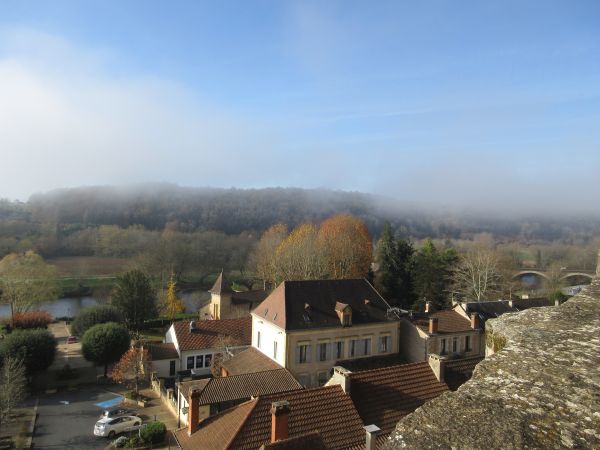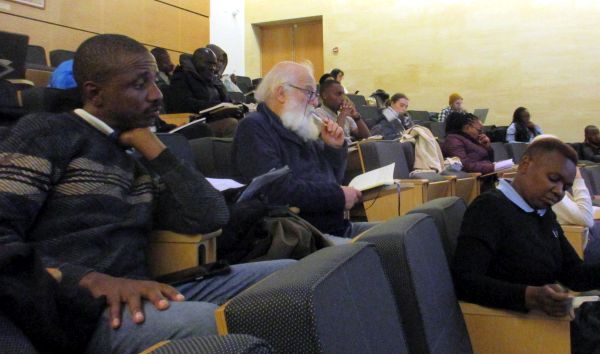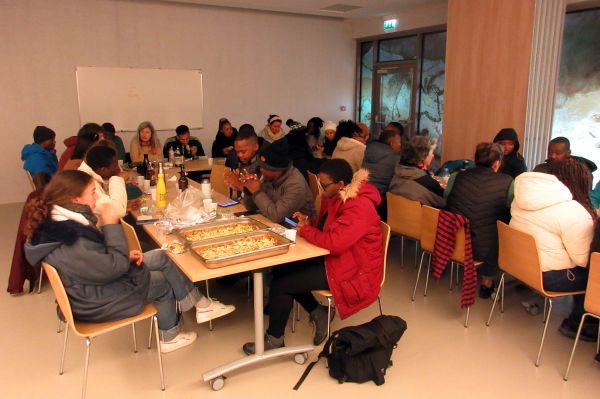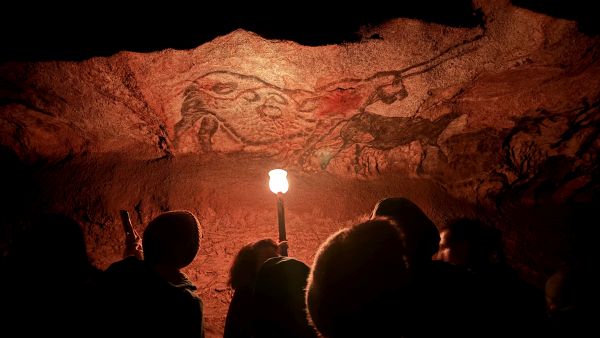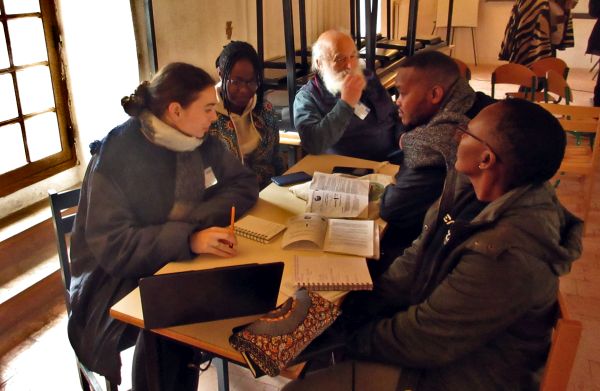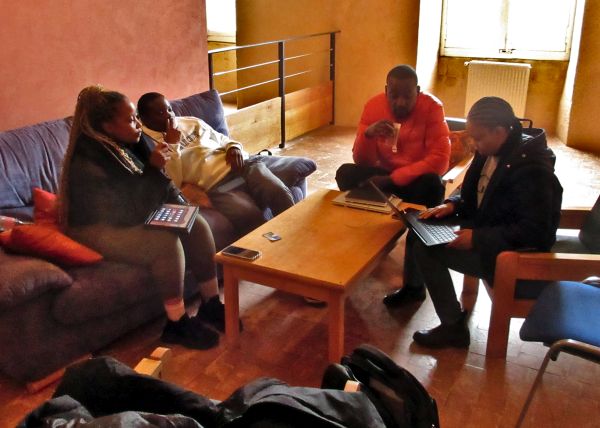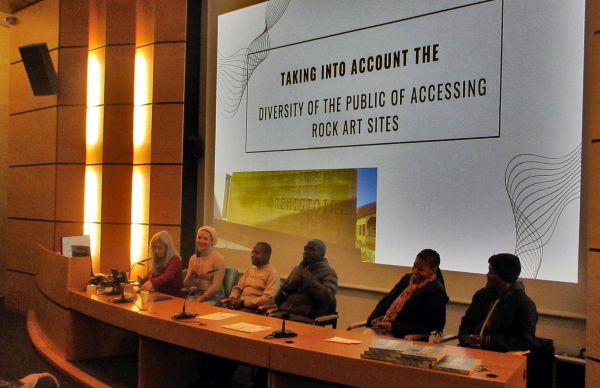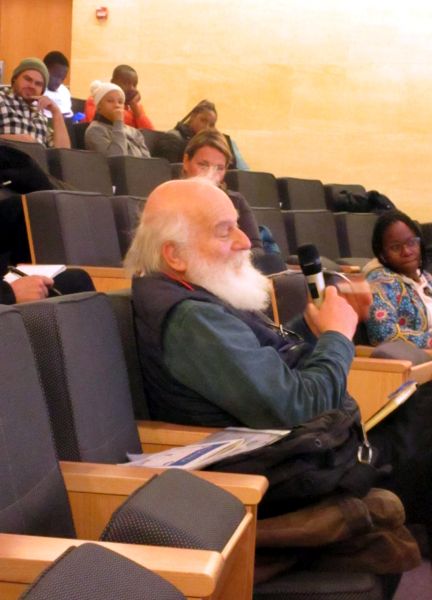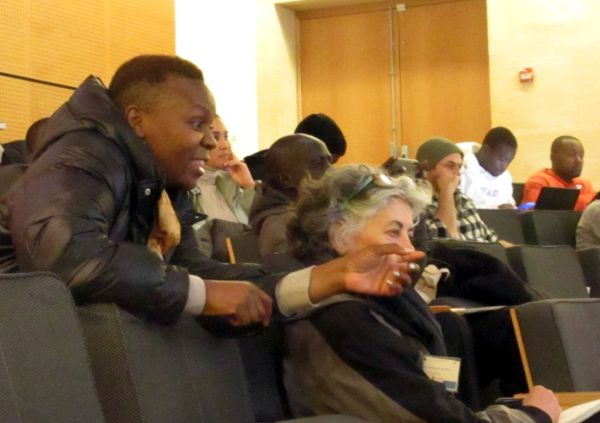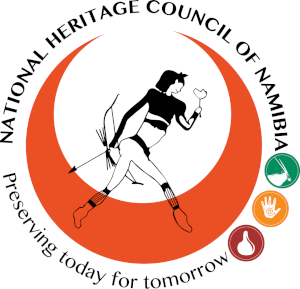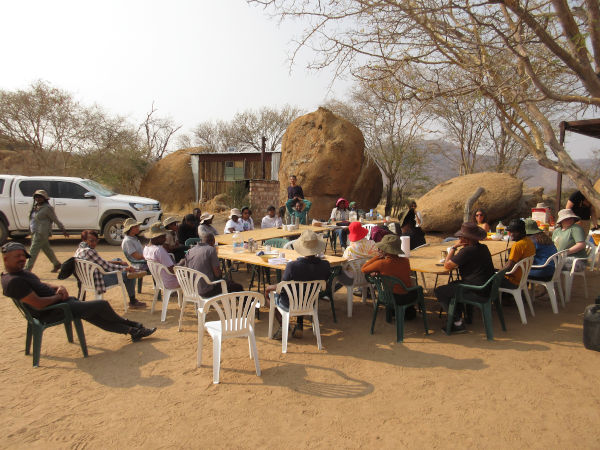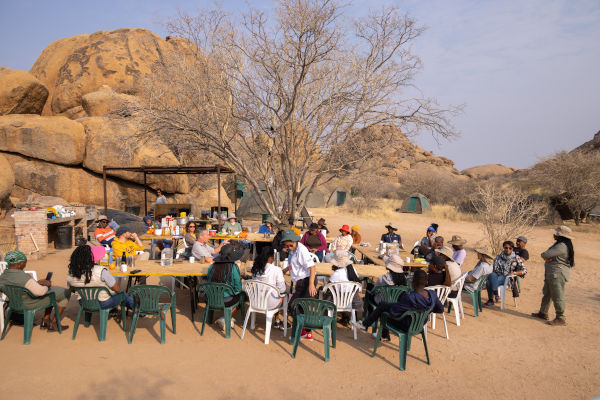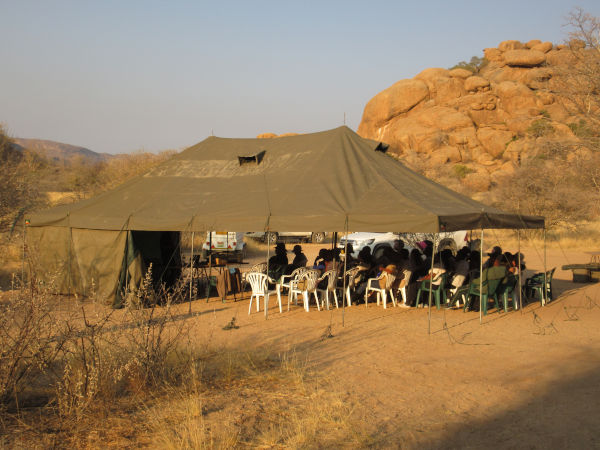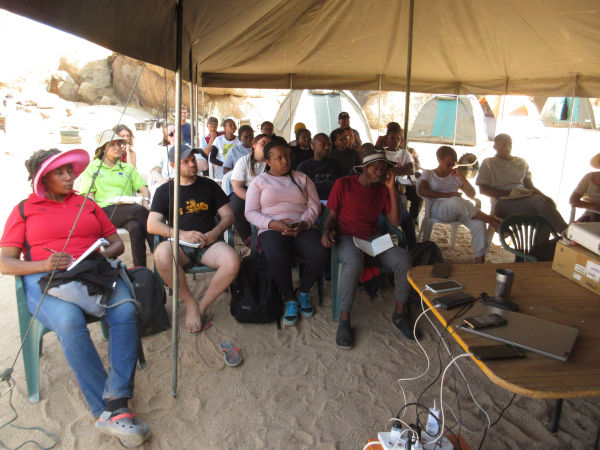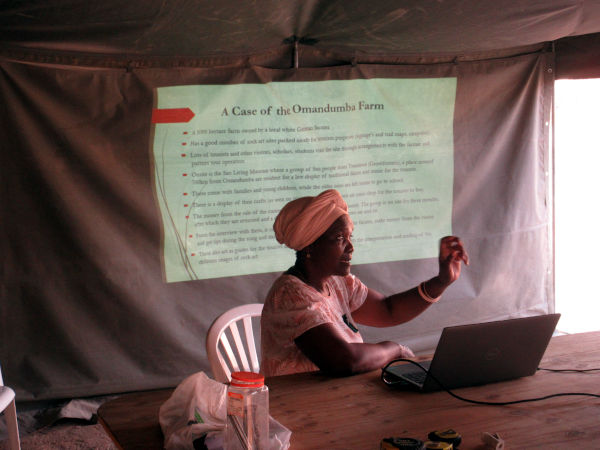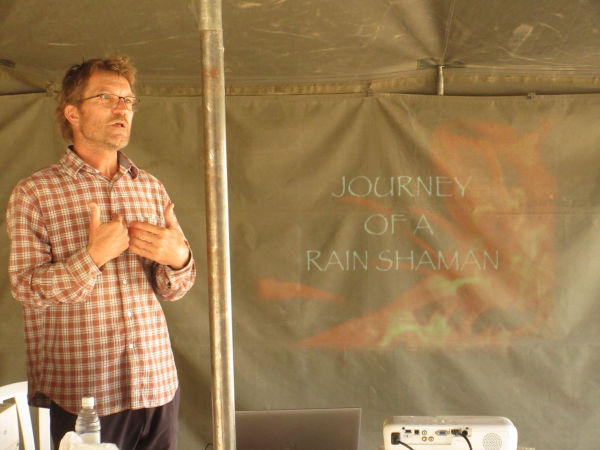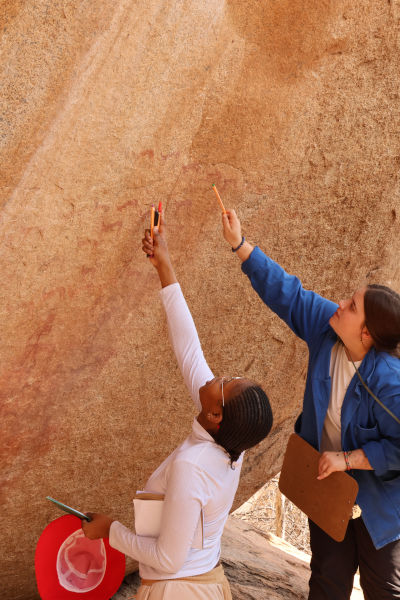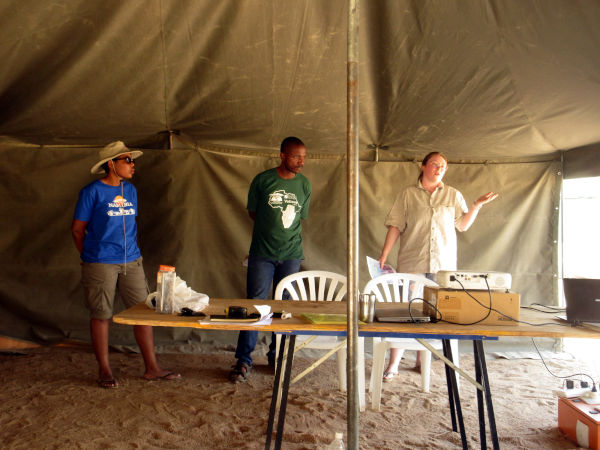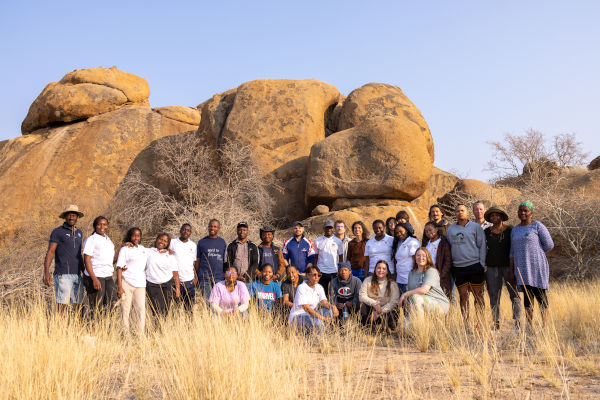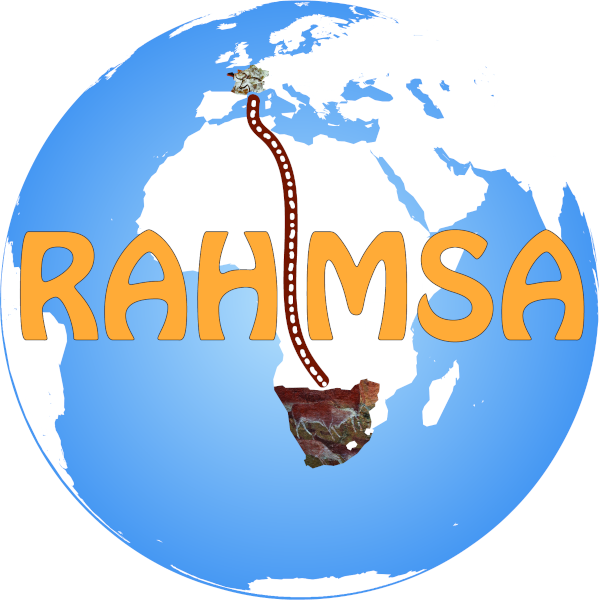
RAHMSA
Rock Art Heritage Management in Southern Africa
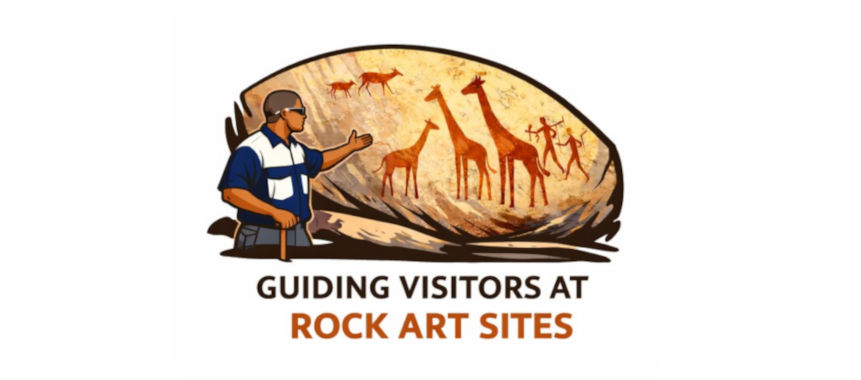
14th – 21st September 2026
Masunga Area, Francistown, Botswana
What is RAHMSA
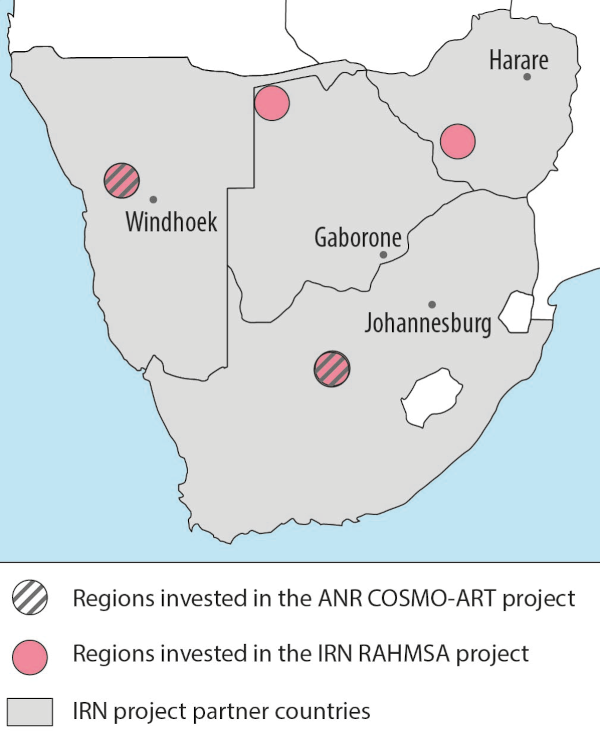
RAHMSA seeks to combine the efforts of researchers from five countries (Botswana, France, Namibia, South Africa and Zimbabwe) who study the issues raised by rock art heritage management in Southern Africa. There, aspects of the nearly universally implemented values-based heritage management doctrine are challenged, like in other parts of the world where culture and population diversity produce intermingling and sometimes conflicting sets of values. Although recent initiatives seek to address diversity in rock art management, they stumble across the difficulty to grasp multi-faceted, contextual, conflicting and constantly changing values and the absence of a strong holistic and integrated methodological framework to achieve it. RAHMSA proposes to address this methodological lack by joining the expertise and comparing the points of views and practices of researchers and heritage practitioners from diverse backgrounds to identify cross-cultural and interacting interest points, according to a cosmopolitan approach.
For this RAHMSA will benefit from and expand on an existing research project funded by the French National Research Agency (ANR): COSMO-ART. This programme proposes indeed the cosmopolitan approach as a tool to resolve the mentioned challenges facing rock art heritage management and thus better fulfil requirements of sustainability by reconciling various perceptions of rock art heritage and development policies. While COSMO-ART targets research actions in South Africa and Namibia, RAHMSA aims to improve the regional structuring of research on the preservation, presentation and tourism development of rock art sites in Southern Africa, and to encourage the practical application of results from COSMO-ART by including two other southern Africa countries, Botswana and Zimbabwe.
To achieve this RAHMSA plans the organsiation of 5 training workshops, one in each partner country, and associated public events, such as conference cycles, panel discussions and exhibitions.
Who is part of RAHMSA
Botswana National Museum
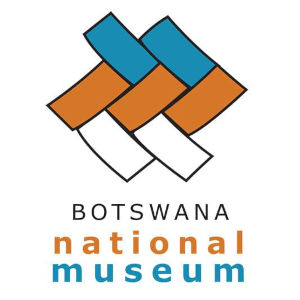
As a government department, Botswana National Museum is mandated to protect, preserve and promote Botswana’s cultural and natural heritage for sustainable utilisation thereof by collecting, researching, conserving and exhibiting for public education and appreciation. Team members are heavily involved in the monitoring and valorisation of the Tsodilo Hills site, a major rock art site on the World Heritage List. The museum will be more specifically involved in Workshop 4 “Guided tours and tourist experience” (Botswana, 2026).
People involved:
Éco-anthropologie UMR 7206, France
At the Musée de l'Homme, Éco-anthropologie develops interdisciplinary research on humans (individuals or societies) and their interactions with their environment. The research laboratory offers original insights by studying how humans perceive and act on their environment and shape cultures, and how environments and cultures shape human biology, particularly over time through our evolution. Within the laboratory, one avenue of research focuses on the analysis of the social values at stake in the normalisation of society-environment relations and it is for this reason that members of the Éco-anthropologie are doubly involved in COSMO-ART and in RAHMSA. Éco-anthropologie will jointly organise Workshop 3 “Integrating uses and perceptions: communities and stakeholders’ points of view” (South Africa, 2025).
People involved:
EDYTEM UMR 5204, France
EDYTEM is a multidisciplinary research unit affiliated to the French National Centre or Scientific Research (CNRS) and the University Savoie Mont Blanc (USMB). It brings together researchers in geosciences (geology, hydrogeology, geomorphology), humanities and social sciences (geography, sociology, economics sciences) and the environmental and green chemistry with the aim of solving environmental and societal problems through an interdisciplinary vision of mountain areas challenges. RAHMSA is coordinated by M. Duval, a researcher involved in the "Resources and Heritage" and "Integrated approach to rock art" topics, whose research aims to understand in a holistic and integrated manner the issues associated with the development of tourism on rock art sites by developing an analytical framework that integrates the contributions of material sciences, archaeology, social anthropology and geography. EDYTEM is also the coordinator of COSMO-ART. EDYTEM will contribute to the organisation of Workshop 4 “Guided tours and tourist experience” (Botswana, 2026) and Workshop 5 “Tourism in remote areas” (Zimbabwe, 2027).
People involved:
HNHP UMR 7194, France
Between human and social sciences and earth and life sciences, HNHP is characterised by a naturalistic approach to prehistory over a long period of time, from the appearance of the first tools. Multidisciplinary - archaeologists, for the most part palaeolithicists, anthropologists, archaeozoologists, palaeobotanists, palaeontologists, quaternary geologists, geographers, archaeometers and geochronologists - and relying on high-performance technical platforms, it favours a global, patrimonial and comparative approach to the sites studied in many regions of the world, from South-East Asia to Europe, as well as in Africa and South America. With collaborations initiated since 2008 in the Erongo Mountains (Namibia) HNHP is a decisive partner in advancing the issues of training in archaeological science in Namibia and is also part of COSMO-ART. It will also contribute its expertise in museology and exhibition preparation. HNHP will jointly organise Workshop 1 “Documenting rock art sites” ( Namibia, 2023).
People involved:
Musée national de Préhistoire, France
The National Museum of Prehistory (MNP) is a department from the French Ministry of Culture with a national remit. It is both a reference museum for World Prehistory and a museum that preserves the nearby UNESCO World Heritage sites "Prehistoric Sites and Decorated Caves of the Vézère Valley", including several decorated caves. MNP not only curates archaeological artefacts and samples, but also fragments of rock art. The mission statement of the museum relate both to conservation (physical and link between site, remains and data), presentation to the public and access to research. This potential of the collections and the experience acquired by the institution in terms of construction of discourse, narratives, enhancement, conservation and the links to be created between rock art and its archaeology will contribute to the project both in terms of conservation and public outreach. MNP will jointly coordinate Workshop 2 “Presenting rock art” that will be held in the Musée national de Préhistoire (France, 2024).
People involved:
PACEA UMR 5199, France
PACEA is a joint research unit affiliated to the CNRS (Ecology and Environment Institute), the University of Bordeaux (Department of Archaeological Sciences) and the Ministry of Culture. The research carried out at PACEA focuses on the evolutionary, cultural and symbolic history of past populations in relation to environmental changes from the origin of the genus Homo to very recent periods. This broad theme is supported by a wide range of specialists including: archaeologists, bioarchaeologists, funerary archaeologists, palaeoanthropologists, palaeopathologists, prehistorians, rock art specialists, archaeozoologists, palaeogeneticists and geoarchaeologists. PACEA is also part of COSMO-Art and will jointly coordinate Workshop 2 “Presenting rock art” (France, 2024).
People involved:
TRACES UMR 5608, France
TRACES is one of the most important French and European archaeological research and training centres. Among other themes, the study of prehistoric art - Palaeolithic and Neolithic societies in Europe and Africa – is a central research avenue of the laboratory. TRACES has also become a reference centre on the archaeology of ancient Africa, bringing together some thirty researchers and doctoral students working from prehistoric times to the historical periods of this continent. Among the research areas and topics, the peopling and cultural dynamics of Southern Africa over the past millennia has become an area of expertise. Developed over the past ten years, this topic has already led to active collaborations between TRACES and Southern African partners, whether in the form of scientific works (Khoïsan Archives, MATOBART program, Hominins in Botswana, COSMO-ART), academic training (Lithic workshops, rock art and excavation field schools) or scientific meetings (SAFA sessions in 2014 and 2016). TRACES will be involved in the organisation of Workshop 1 “Documenting rock art sites” (Namibia, 2023).
People involved:
University of Namibia
The Department of Humanities and Arts at the University of Namibia trains professional academic historians and students aiming to pursue careers in Museum and Heritage Studies, Tourism or Archaeology. At present, archaeology and heritage sciences are taught in the more general history curriculum. One of the objectives of the IRN is to reinforce their training with their participation in field seminars, which are currently underdeveloped. The University of Namibia will contribute to the organisation of Workshop 1 “Documenting rock art sites” (Namibia, 2023).
People involved:
University of Sol Plaatje, South Africa
Sol Plaatje University (Kimberley, Northern Cape) is one of two South African universities created in the democratic era. Within the School of Humanities and Social Sciences, the Department of Heritage Studies offers courses up to Bachelor's level and since January 2022, a first year Master's degree has been opened to teaching. This course provides students with a theoretical and practical grounding of knowledge and skills about the heritage sector. Sol Plaatje University is also part of COSMO-ART and will jointly coordinate the organisation of Workshop 3 “Integrating uses and perceptions: communities and stakeholders’ points of view” (South Africa, 2025) and Workshop 5 “Tourism in remote areas” (Zimbabwe, 2027).
People involved:
University of Zimbabwe
Within the Faculty of Arts and Humanities, and more specifically in the Department of History Heritage and Knowledge Systems, archaeology is taught at both bachelor and master levels. At the end of their training, students are specialised in heritage sciences, including analysis and valorisation issues. The University of Zimbabwe will be involved in the organisation of Workshop 5 “Tourism in remote areas” (Zimbabwe, 2027).
People involved:
What is RAHMSA doing
RAHMSA is organised in working Groups: three Thematic Working Groups and a Transverse Working Group. Their aim is to encourage discussions and debates between partners on three main themes that are considered of special interest to address the methodological lacks identified in the ways diversity is included within rock art management strategies:
1/ Documenting and recording rock art sites;
2/ Uses and values attributed to rock art sites;
3/ Tourist development and public presentation.
Each Thematic Working Groups gathers partners whose research interests more specially focus on one of the 3 themes. The Transverse Working Group addresses issues that intersect these three themes and involves the entire team.
The main actions of RAHMSA are
1/ the organisation of 5 workshops, in an intermediary form between thematic schools for training and skill building and round tables for scientific debates;
2/ the design and publication of practical guidebooks on the themes of the 5 workshops, with the aim of promoting the application of a cosmopolitan approach to address issues of preservation, promotion and development of rock art sites.
There will be 3 workshops for each Thematic Working Group and 2 workshops on subjects related to the issues addressed within the Transverse Working Group. The workshops will be open to
1/ RAHMSA partners and other researchers or heritage practitioners who expertise would be an asset for the scientific debates and the training provided during the workshops or who could benefit from it;
2/ students as well community and institutional stakeholders to promote skill building.
In addition, such workshops will be the opportunity to organise conference directed to the general public, with the support of cultural institutions in the partner countries (Alliance Française network, Franco-Namibian Cultural Centre, French Institute in South Africa, McGregor Museum, Zimbabwe Museum of Natural Sciences, etc.).
Training Workshop Series
RAHMSA is funded by

